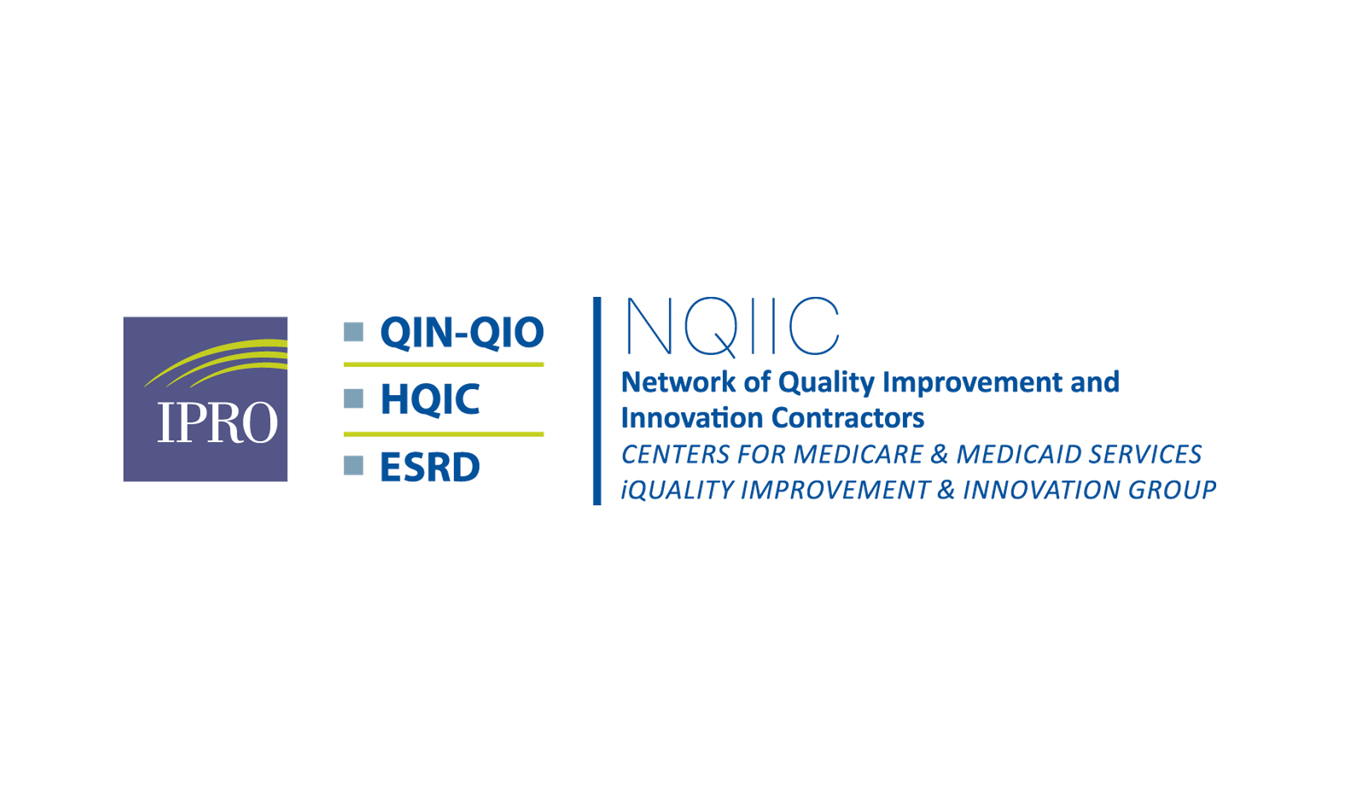GOAL: Improvement in Care Processes and Patient Outcomes
Valley Regional Hospital (VRH) is a rural critical access hospital and active participant in the IPRO QIN-QIO PCH work. VRH has made a commitment to quality improvement in health care. In 2023, Valley Regional Hospital received a CMS 5-Star Rating and the Rural Health Performance Improvement Award for Outcomes.
Readmission Rates:
In 2023 IPRO QIN-QIO in collaboration with our partners, met with hospitals and nursing homes to understand barriers to safe care transitions. Valley Regional contributed to that initial assessment and then actively participated in the subsequent cross continuum sessions, sharing not only challenges but their best practices and suggestions for solutions, including enhancing communications between care settings. This continued focus on care coordination resulted in VRH reducing readmission rates from 14.8% (10/18-9/20) to 11.9% (9/22-8/23), a relative improvement rate of 19.5%.
Contributing factors to this success include work done in both the inpatient and outpatient settings. On the inpatient side, case management’s assessment of each patient prior to discharge now includes determining factors that may lead to readmission and thus, planning to address those risks. This includes looking at whether the patient has what he or she needs at home to follow discharge instructions. Discharge planning also includes a “Services Upon Discharge” letter including contact information for those services (e.g. DME) enabling patients to obtain services, and better understand when they may hear from a specific outpatient care team. In some instances, Home Health and Long Term Care are invited into the hospital to facilitate discharge. For patients receiving rehabilitation services, a weekly multidisciplinary team meeting takes place at the bedside to further enhance care planning. Finally, case management revised the electronic medical record to include a discrete data field for tracking and understanding trends leading to readmission.
On the outpatient side, VRH implemented a new flow in the provider practices for follow up on Emergency Department and Urgent Care visits, along with hospital discharge visits as follows:
- Patient discharge summaries are sent by the clinic to our Internal Medicine triage or Primary Care triage.
- Discharge summaries are evaluated and charts are updated by the triage team.
- If a patient is discharged from VRH hospital, then the patient is called within 3 days by the Primary Care office, and a transition of care (TOC) appointment is scheduled within 2 weeks of discharge.
- When the triage nurse calls a patient, they
- Check to see how the patient is doing.
- The triage nurse also confirms if a visiting nurse, OT or PT was in place; and if those services were not set up, the triage nurse contacts the Primary Care Provider (PCP) and orders are placed and monitored.
- The triage nurse also reviews medication lists and verifies that the patient is compliant, if new medications were added, and if so, making sure the patient has obtained them. If there is a barrier due to cost, the PCP office works to identify if an alternate medication may be appropriate and covered by the patient’s insurance. If there is a barrier due to transportation to a pharmacy, then the PCP office attempts to assist the patient with medication delivery.
- If a patient is discharged from the Emergency Department or Urgent Care, then all patient discharge summaries are reviewed by the PCP office. Any charts are updated, and if a follow-up PCP appointment is needed, then the office will call the patient to schedule their appointment within a few days of discharge. The clinic also holds same day appointments for these patients.
RESULTS:
Valley Regional Hospital’s continued focus on care coordination resulted in reducing readmission rates from 14.8% (10/18-9/20) to 11.9% (9/22-8/23), a relative improvement rate of 19.5%.
Acknowledgements
Katie Derosier, MSW Director of Clinical Services
Laura Hagley, Senior Director of Quality
Gloria Thorington, QI Manager IPRO QIN-QIO
Megan Haskell, Nurse Manager, Provider Practices

